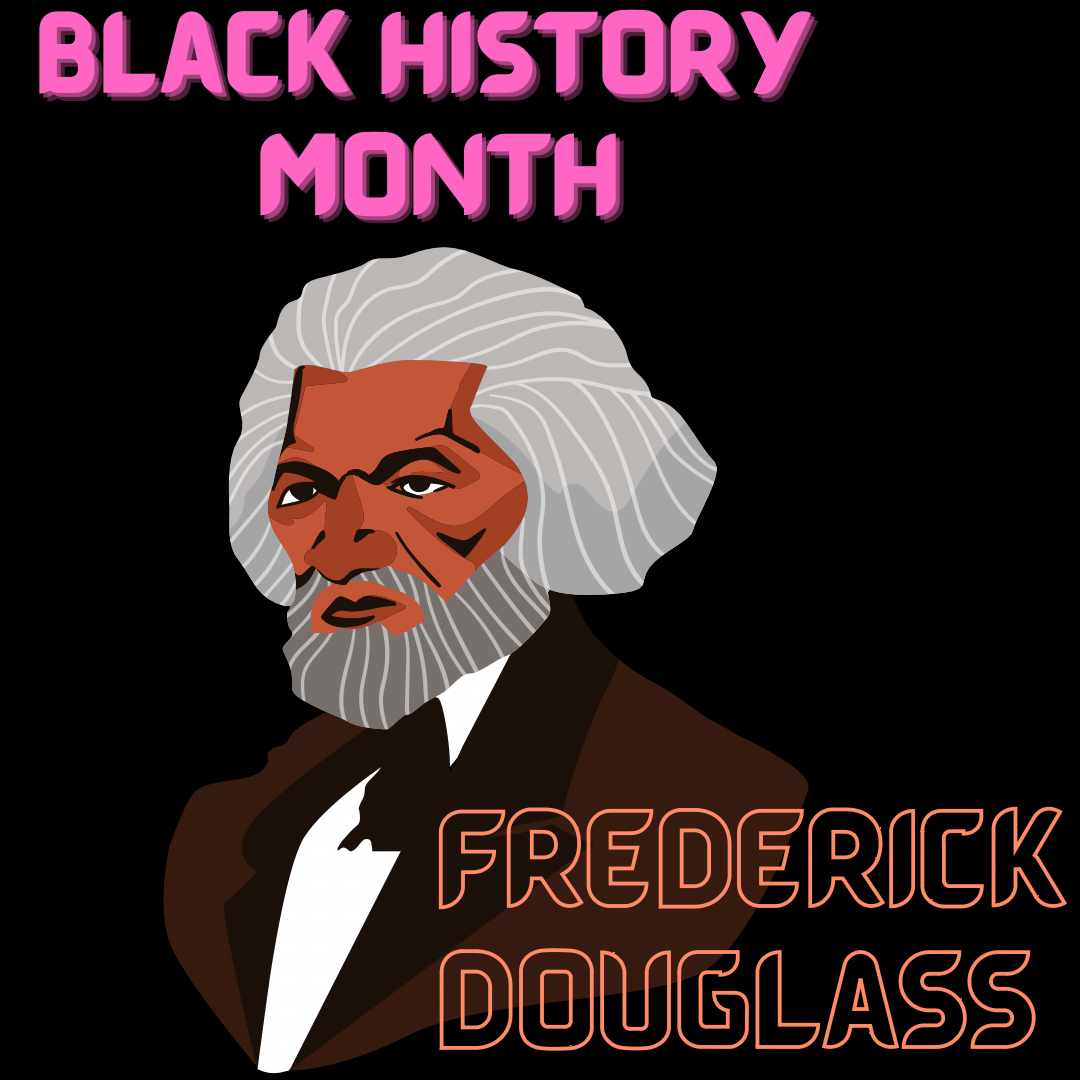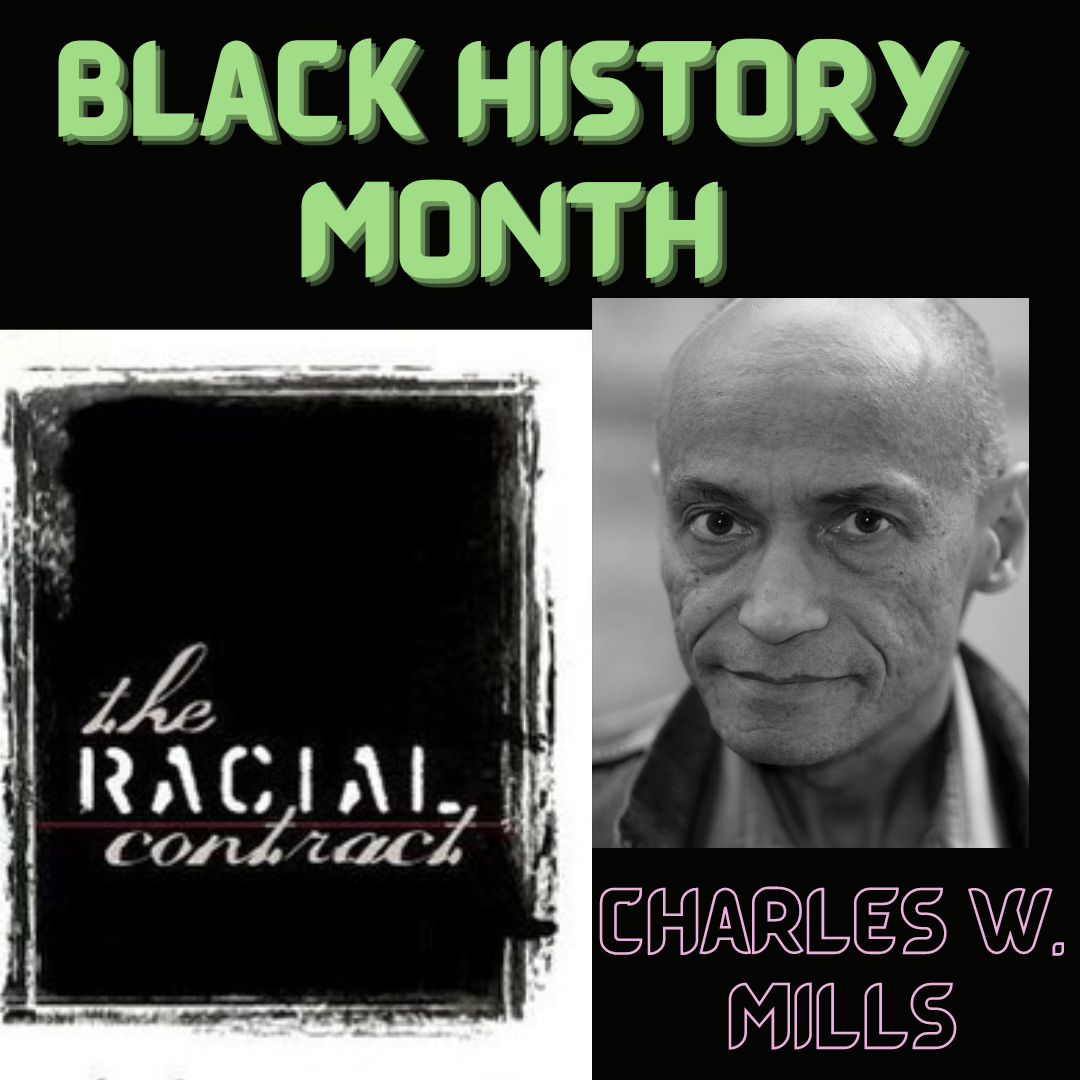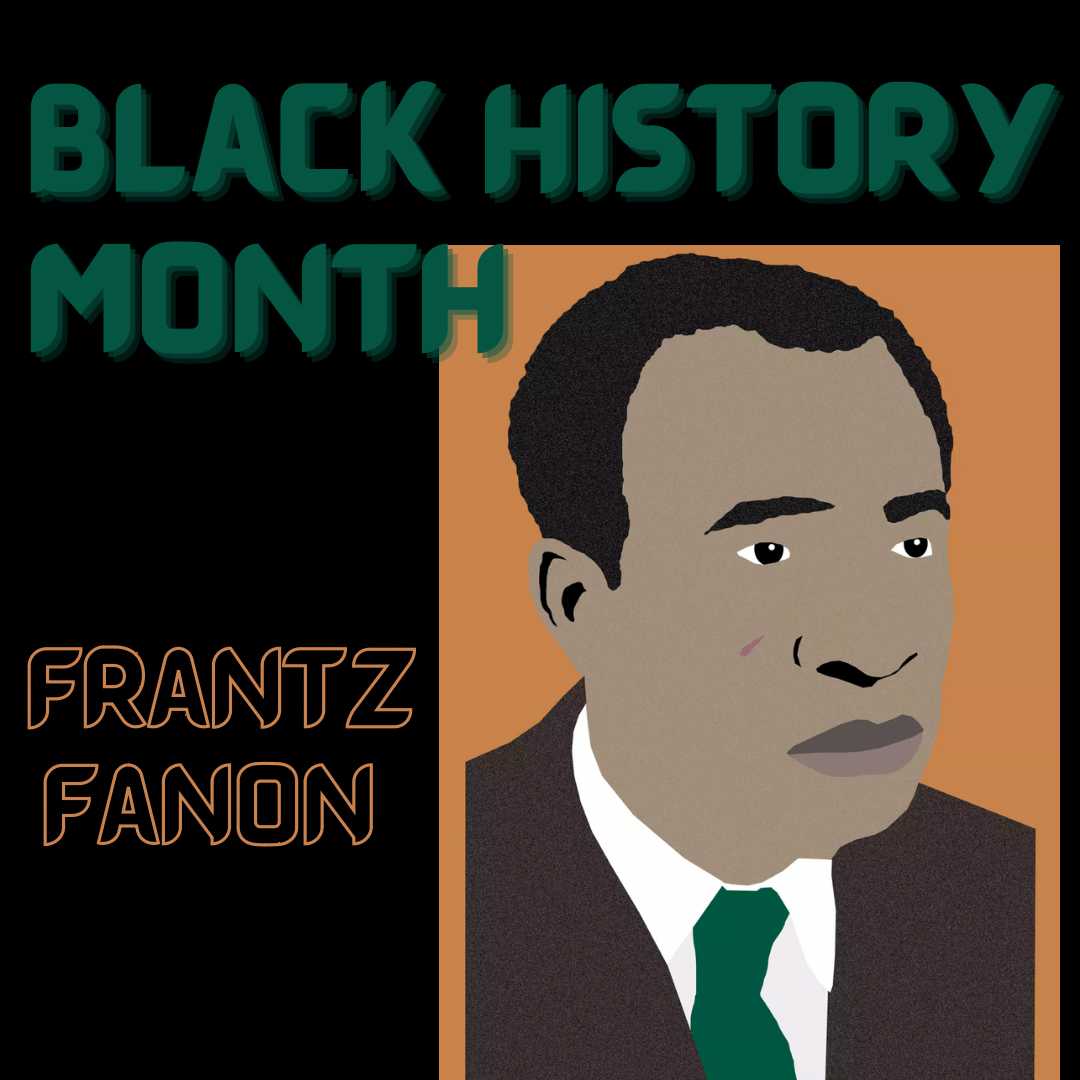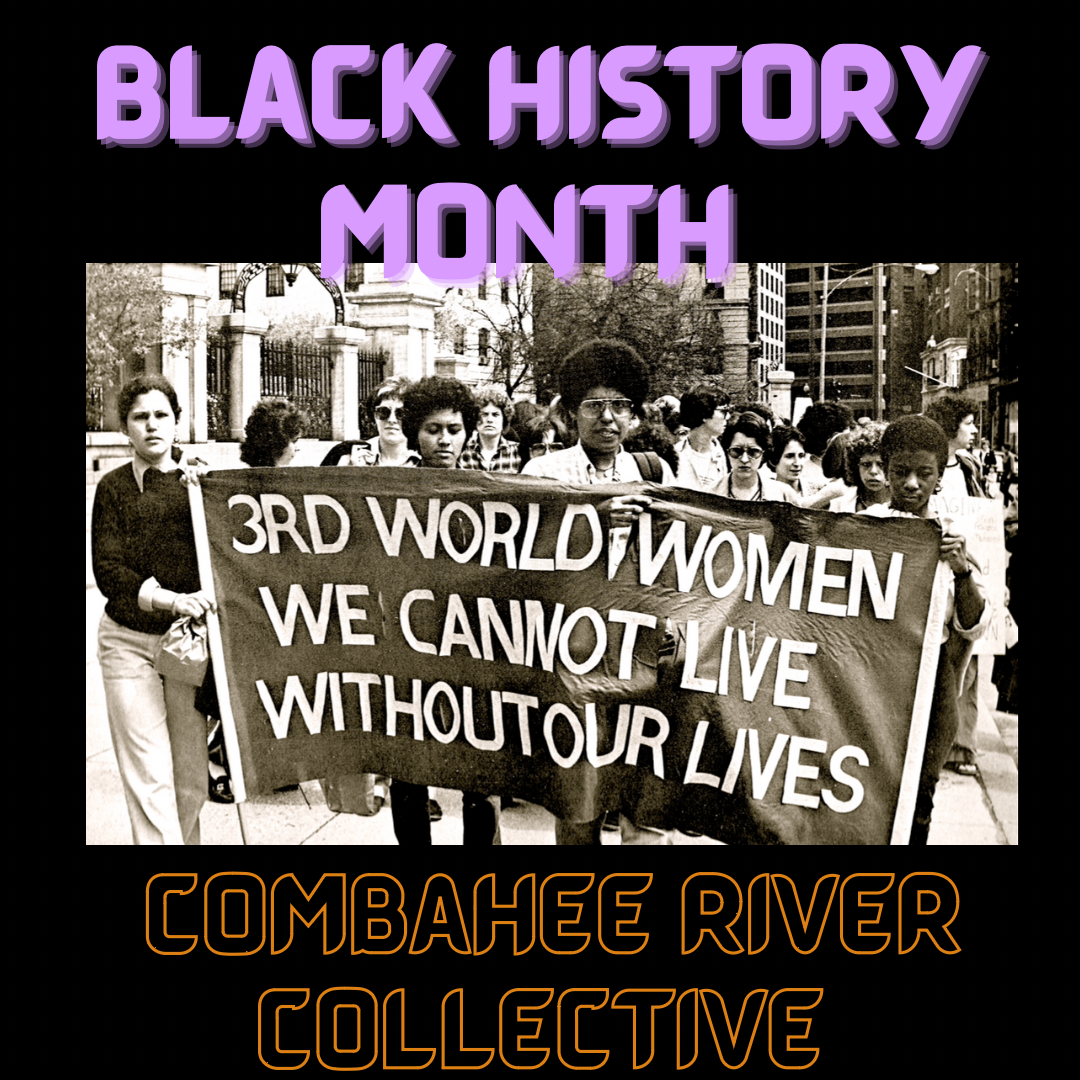This Black History Month, we take a look at some important texts by Black authors studied in our Introduction to Political Thought module, which last year was awarded Diversity Mark Status.
Our Introduction to Political Thought module introduces students to some of the most important and influential theories in the political world, such as freedom, democracy, justice and power.
‘Typically, names like Hobbes, Locke, Marx or Rawls come to mind when political theory is mentioned as a discipline. Few of the key thinkers commonly associated with political theory fall outside of the European perspective’ module convenor Dr Ben Turner explained. His changes to the module have diversified both the authors studied and the thinkers and topics considered central to political thought.
Here are some of these newly introduced texts.

Frederick Douglass was born into slavery in Maryland in early 19th century United States before escaping to freedom in 1837. Douglass embarked on a career as an influential writer, speaker and politician who campaigned for the end of slavery and for the improvement of the lives of freed slaves after abolition. In POLI3140 students have the opportunity to engage with one of Douglass’ most famous speeches, in which he argued that the celebration of American Independence Day while slavery still existed demonstrated the hypocrisy of America’s conception of itself as a nation built upon freedom. Douglass asks us to consider who we include and exclude when we claim that freedom is something that we possess or that we should pursue.

Many students of political theory learn about the social contract, a hypothetical agreement between citizens that establishes the legitimacy of government. In The Racial Contract, Jamaican political theorist Charles W. Mills prompts us to ask whether this apparently universal conception of the contract is as inclusive as it first seems. For Mills the social contract is characterised by both implicit and explicit forms of racial exclusion that prevent the full participation of all in political life. By thinking about Mills’ argument in POLI3140, students engage with the possibility that apparently neutral political ideas can be drivers of oppression and consider how theory might draw our attention to these problems.
The Combahee River Collective are a group of lesbian, Black feminists formed due to their experience of racism within mainstream feminist movements and misogyny within Black liberation movements. In their manifesto they coined the now common term ‘identity politics,’ which refers to the idea that who we are shapes our political experiences. By engaging with the collective’s manifesto, students on POLI3140 learn about the origins of identity politics and are encouraged to think about how their own identity might impact their own understanding of the political world.

Born in the then French Colony Martinique in 1925, Frantz Fanon was a pioneering psychiatrist who considered of the psychological impact of colonization. Fanon considered the impact of colonisation on the colonised, but he also considered the political implications of the relationship between colonialism and the mind. When students explore his Wretched of the Earth they have a chance to consider one of his more provocative political claims. Not only was violence necessary for anti-colonial movements like the Algerian Liberation Front, of which Fanon was a member, but for him it was justified as a tactic. Such a claim is a challenging one, but it forces us to think carefully on POLI3140 about the arguments we use to endorse particular political tactics.
Find out more about Black History Month here.
Find out more about POLI3140 and its Diversity Mark status here.


